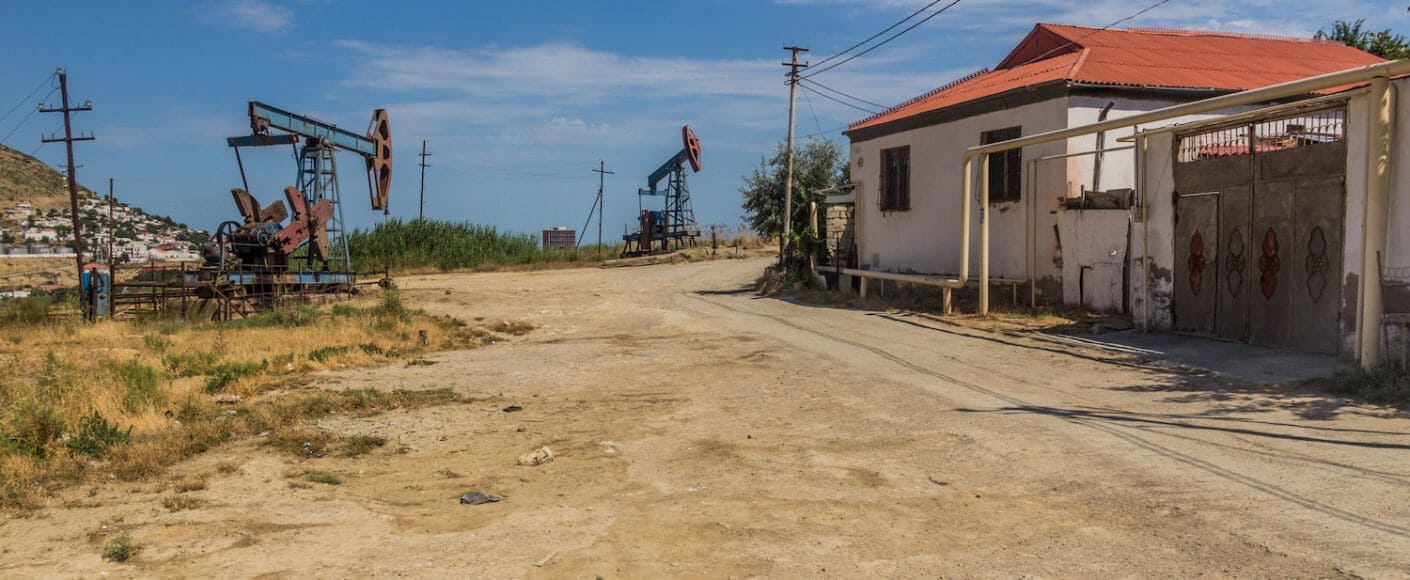The History of Oil Field Housing Explained
The oil field industry has long been a crucial driver of economic growth and energy production, and the housing of its workers has played a significant role in its success. As the industry has evolved, so too have the living conditions and accommodations for those who dedicate their lives to extracting this valuable resource.
Corporate Hospitality Services (CHS) is a leading provider of man camp services, offering secure, comfortable, and fully furnished accommodations for oil field workers. With amenities like fresh, hearty meals, home-like furnishings, fitness centers, and onsite rec rooms, CHS is at the forefront of modern oil field housing solutions.
In this blog post, we’ll explore the fascinating history of oil field housing, from its humble beginnings to the modern, well-equipped facilities provided by companies like CHS.
The Beginnings of Oil Field Accommodations
In the early days of the oil industry, housing for workers was often an afterthought. Many workers were left to fend for themselves, setting up rudimentary shelters near drilling sites using whatever materials they could find. These makeshift accommodations often lacked basic amenities and provided little protection from the elements.
As the industry grew, oil companies began to recognize the need for more structured housing solutions. The first “oil field camps” emerged, consisting of simple tents or wooden barracks that offered a modest improvement in living conditions. While these early accommodations were a step up from the improvised shelters of the past, they still left much to be desired in terms of comfort and convenience.
Transformations in Worker Living Conditions
As the 20th century progressed, oil field housing underwent a significant transformation. Companies began to invest in more substantial and permanent structures, such as dormitories and trailers, to house their workers. These improved accommodations offered greater comfort, privacy, and amenities, reflecting the growing importance of worker well-being and retention in the industry.
The establishment of “man camps,” also called oilfield bunkhouses, marked a significant milestone in the evolution of oil field housing. These self-contained communities provided workers with access to essential services and recreational facilities, fostering a sense of camaraderie and community among residents. As technology advanced and worker expectations shifted, oil field bunkhouses began to incorporate more modern conveniences, such as air conditioning, private bathrooms, and on-site dining options.
The Role of Oilfield Bunkhouses
In recent years, oilfield bunkhouse options have emerged as flexible and scalable solutions for housing workers in the oil and gas sector.
What Are Oilfield Bunkhouses?
Oilfield bunkhouses are typically dormitory-style accommodations that house multiple workers in a shared living space. Workers often have their own bedrooms or sleeping areas but share common spaces like bathrooms, kitchens, and living rooms with other residents.
Bunkhouses are usually part of a larger oil field housing complex or man camp, where workers have access to additional amenities and services, such as dining facilities, recreation areas, and laundry services. These accommodations are generally owned and operated by companies that specialize in providing housing solutions for the oil and gas industry, like Corporate Hospitality Services.
Oil Field Housing to Meet Workers’ Needs
The rise of oil field bunkhouses has been driven by the need to accommodate a diverse and dynamic workforce. By providing a variety of housing options, companies can better meet the needs of workers with different backgrounds, experience levels, and personal preferences. This flexibility has become increasingly important as the oil field industry adapts to changing market conditions and workforce demographics.
Modern Advances in Oil Field Housing
Today, oil field housing has come a long way from its humble origins. Modern oilfield living quarters are designed with worker happiness in mind. Oilfield bunkhouses often feature well-appointed rooms, on-site amenities like fitness centers and recreational spaces, and high-speed internet access to keep workers connected with loved ones back home.
The impact of these advancements on worker well-being and productivity cannot be overstated. By providing a pleasant and welcoming living environment, modern oil field housing solutions help to reduce stress, improve morale, and foster a sense of community among workers. This, in turn, can lead to increased job satisfaction, lower turnover rates, and, ultimately, a more efficient and productive workforce.

CHS’s Contribution to Oil Field Housing
Corporate Hospitality Services has been at the forefront of the evolution of corporate lodging and oil field housing, providing innovative and high-quality accommodations for workers in the industry. With a focus on comfort, convenience, and community, CHS has set a new standard for what workers can expect from their living arrangements.
CHS’s man camp services offer a range of amenities designed to enhance the quality of life for residents. From the 24-hour gyms and recreation centers to the fresh, hot, chef-prepared meals to the gated, secured communities, CHS provides a living environment that promotes both physical and mental health. The company’s commitment to housekeeping, fully-furnished rooms, and modern conveniences like flat-screen TVs and high-speed internet access ensures workers have everything they need to feel at home, even when they’re far from it.
By continuously innovating and adapting to the changing needs of the energy sector, CHS has positioned itself as a leader in providing oil field housing solutions that prioritize worker satisfaction and well-being. As the industry continues to evolve, companies like CHS will undoubtedly play a crucial role in shaping the future of oil field housing, ensuring workers have access to the comfortable, secure, and welcoming accommodations they deserve.


